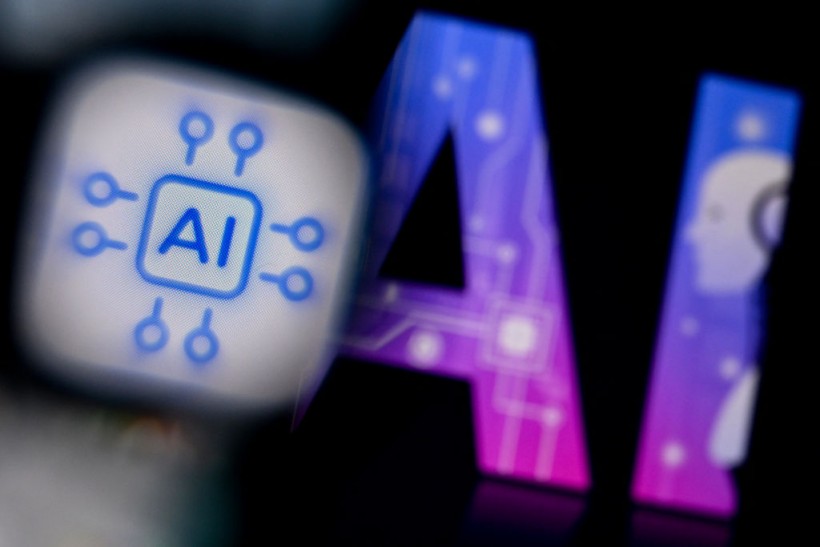Artificial intelligence takes center stage at Luohan Academy event in China, apparently bringing together the republic’s biggest tech giants to discuss the business implications of the booming technology.
Zhang Fan, COO of Zhipu AI, one of China’s four AI “tigers,” spoke at Luohan Academy’s 2024 Digital Economy Annual Conference about how the tech unicorn helps companies train their own generative AI applications using application programming interfaces (APIs).

(Photo: KIRILL KUDRYAVTSEV/AFP via Getty Images)
Zhang is optimistic about the potential of the LLM candidate market, saying that more than 80% of companies will employ LLMs by 2026.
The event, held annually to stimulate discussion around social and economic concerns, is giving AI a greater prominence than in the past, with five of the conference’s six sub-forums featuring the word “AI” in their main topics.
Read also: China leads global race for generative AI patent applications, overtaking US, UN report says
Alibaba Luohan Academy
Ali Baba said in October that the academy, which was established as an open research center in 2018, had changed its organizational ties, staff composition and focus due to the e-commerce giant’s reorganization.
However, some of the invited speakers are Alibaba-related companies, executives and researchers from other internet companies. Huang Hao, senior vice president of fintech giant Ant Group, highlighted how the company’s LLM-based services can improve the efficiency of the insurance industry.
Zhang Kaifu of Alibaba International Digital Commerce Group discussed the company’s experience in using self-developed generative AI technologies to help small and medium-sized enterprises expand into international e-commerce markets.
The race for AI
The Luohan Academy event comes at a critical time in the AI race, as the United States and China vie for the lead.
Experts apparently argue that while China’s IT titans lack the fiscal muscle of their American rivals, they benefit from China’s rapidly developing infrastructure.
According to Henry He, executive director of Kingsoft Cloud, China’s powerful processing capacity and network infrastructure provide a solid platform for AI training and deployment, far beyond what was available just a few years ago.
A solid infrastructure is an important stepping stone for AI development. Powerful processing resources are needed to train complex AI models, while reliable networks enable seamless data transfer and real-time implementation of AI solutions.
Elon Musk, one of the world’s richest men, is also optimistic about the prospects for the development of artificial intelligence in China. The Tesla CEO said the company could one day become an artificial intelligence powerhouse.
Maryann Tseng, CEO of SenseTime, a renowned Chinese artificial intelligence company, points out the “strong motivation” of younger generations who seek to create and change the world. This passion is driving the progress of artificial intelligence research and development.
SenseTime’s engagement with leading academic institutions expands its talent pool and creates a dynamic atmosphere for pioneering AI research.
Related article: US may soon ban China and Russia from accessing American AI models and software

ⓒ 2024 TECHTIMES.com All rights reserved. Do not reproduce without permission.


